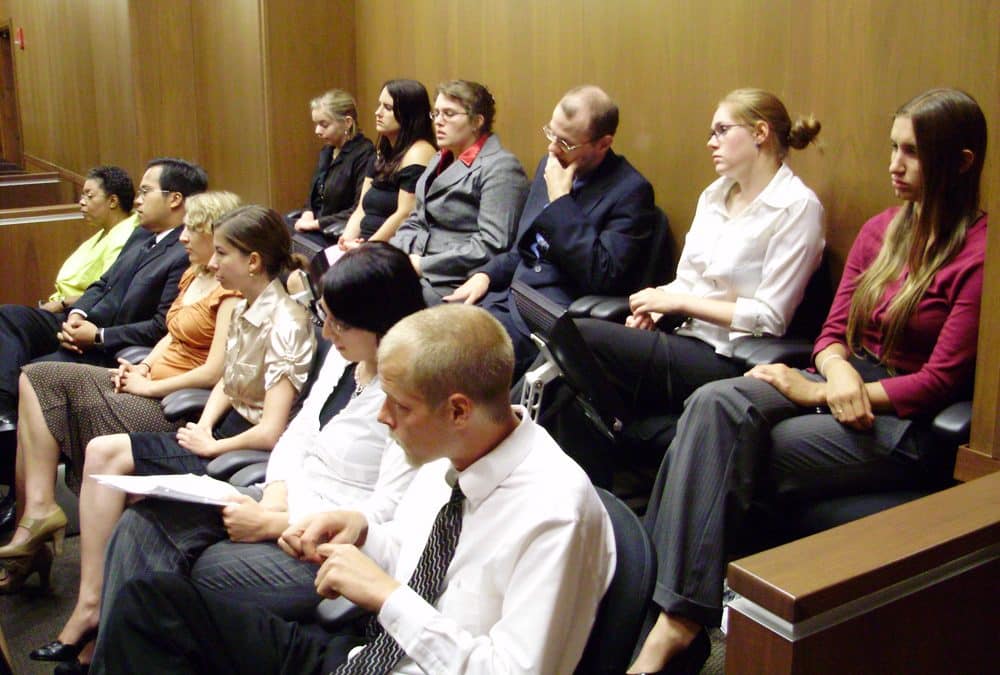If you want to serve on a criminal jury, the most important rule is this: Say as little as possible, with your words, your body language, and your appearance.But why would you want to sit on a jury in the first place? Because in a criminal trial, if you can read and...

How to Get on a Jury
read more
